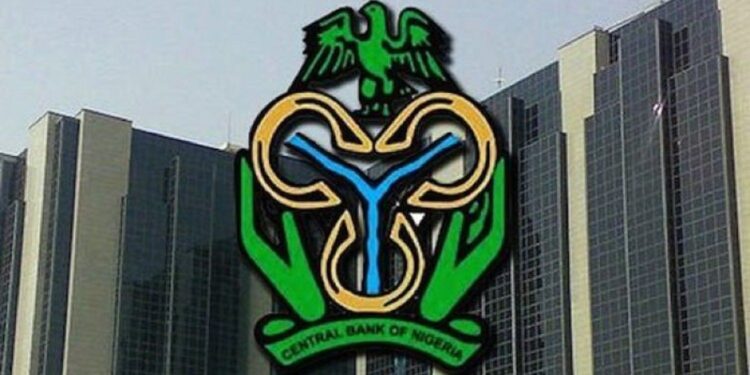In a recent speech, the Central Bank of Nigeria (CBN) shed light on the pressing macroeconomic and social challenges facing the nation’s domestic economy. The speech highlighted several factors contributing to these challenges, including adverse global shocks, domestic imbalances, structural rigidities, and unintended consequences of corrective policy measures.
The continuous decline in Nigeria’s crude oil production emerged as a key factor exacerbating economic challenges. This decline weakened economic diversification, resulting in reduced government revenue and foreign exchange inflows. Simultaneously, public expenditures increased, macroeconomic indicators deteriorated, and policy options became constrained, leading to a rise in fiscal deficit and public debt.
Despite these challenges, the non-oil sector remains a pivotal driver of growth, expanding by 3.58 percent in the second quarter of 2023. Services, agriculture, and industrial sectors played crucial roles in this growth, contributing 4.20 percent, 1.94 percent, and 1.50 percent, respectively. The outlook for the third quarter of 2023 anticipates a growth rate of 2.36 percent, with an expected increase to 3.97 percent in the fourth quarter due to various ongoing reforms.
Social and economic aspects continue to impact Nigeria’s economic performance. Insecurity remains a significant concern, affecting multiple sectors, including agriculture, industry, and services. The resultant disruption in supply chains and economic activities has led to food shortages and inflation in various regions.
Infrastructure constraints further hinder economic progress, affecting the production chain and distribution network. Business bottlenecks and poor service delivery within the public sector contribute to the challenges, emphasizing the need for well-crafted structural policies aligned with coordinated monetary and fiscal measures.
The CBN emphasized the collaborative efforts with the Hon. Minister of Finance and Coordinating Minister of the Economy, Mr. Olawale Edun, in addressing critical economic issues. A comprehensive assessment of the economy revealed high and rising inflation, inadequate foreign exchange supply, exchange rate depreciation, limited external reserves, weakened output, and high unemployment.
These challenges have prompted increased interest rates, discouraging investments in productive activities. Within the banking system, high inflation has impacted asset quality and solvency ratios. The persistent depreciation of the naira poses a substantial risk for domestic banks with foreign exchange exposures.
As the CBN outlines these challenges, it underscores the need for strategic and coordinated policies to navigate and overcome the complexities facing Nigeria’s domestic economy.









